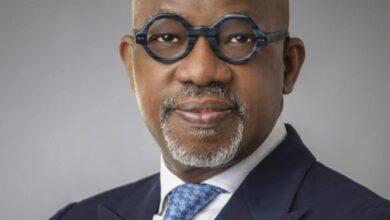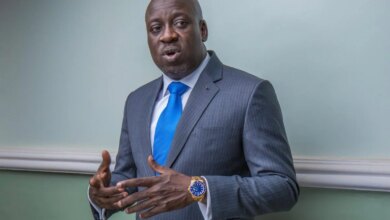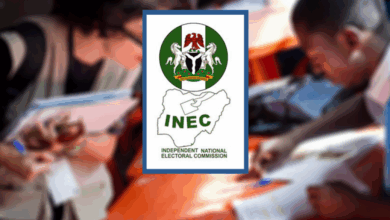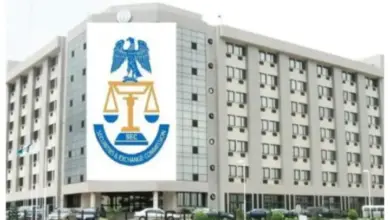‘There is need for national policy on sign language in public communication’
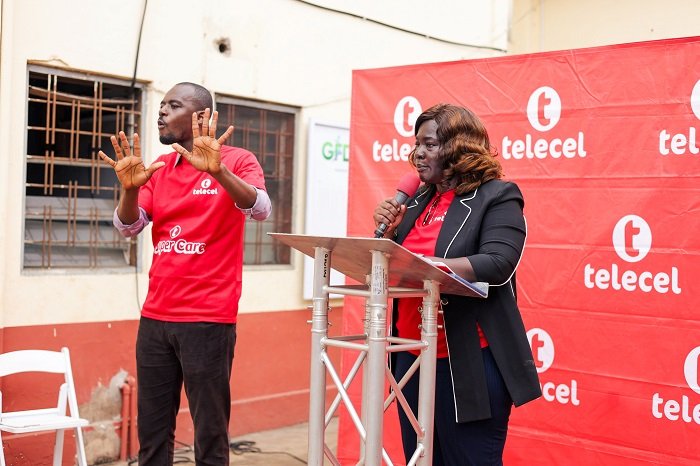
At an event marking International Week of the Deaf in Accra, Telecel Ghana’s General Manager of Commercial Operations, Mercy Dawn Akude, called for a national policy that formally incorporates sign language into the country’s public communication framework.
Speaking under the global theme “No human rights without sign language,” Ms Akude stressed that sign language is not merely a tool of communication, but a matter of identity, dignity, and respect for the Deaf community.
“When public information is shared without sign language interpretation, we are making an implied statement that some citizens are less deserving of that information or knowledge. Communication must be a bridge, never a barrier,” she said.
Telecel Ghana has cultivated a long-standing relationship with the Deaf community spanning nearly a decade. In 2017, the company launched Super Care, a customer service initiative that employs and trains Deaf staff, as well as sign-language-proficient personnel, to support customers with hearing impairments via video call.
Today, thousands of Deaf individuals across the country rely on this platform, which also offers tailored data bundles. Through partnerships with various universities, Telecel Ghana has also recruited graduates from the Deaf community as part of its broader commitment to workplace diversity and inclusive customer service.
The Telecel Ghana Foundation further supports accessibility by organising regular STEM training programmes for students in Schools for the Deaf, reinforcing the view that digital tools should be inclusive.
To commemorate this year’s International Week of the Deaf, Telecel Ghana donated a large screen TV, a laptop, a projector, and a projector screen to the Ghana National Association of the Deaf (GNAD) to support its advocacy initiatives. The donation was made by the company’s CEO, Patricia Obo-Nai, to the leadership of the association.
Matthew Kubachua, National President of GNAD, expressed appreciation for the telco’s consistent support but reiterated the need for systemic change.
“Telecel has taken a bold step to expand access to communication and ensure inclusion in their customer service. We urge government and other organisations to support the call for sign language to be integrated in education, media, and governance,” he said.
Ghana currently has no comprehensive legislation mandating sign language interpretation across schools, government communications, or public media. As a result, millions of Deaf Ghanaians face disadvantages in education, employment, and civic participation.
According to the 2021 Population and Housing Census, there are over 211,000 Deaf and hard-of-hearing individuals in Ghana, and more than 470,000 people with varying degrees of hearing loss. Without official integration of sign language, this growing population is denied access to information, essential services, and a better quality of life.
Ms Akude concluded that it is only humane and just for the country to integrate sign language into public service, education, and the media.
BY TIMES REPORTER
🔗 Follow Ghanaian Times WhatsApp Channel today. https://whatsapp.com/channel/0029VbAjG7g3gvWajUAEX12Q
🌍 Trusted News. Real Stories. Anytime, Anywhere.
✅ Join our WhatsApp Channel now! https://whatsapp.com/channel/0029VbAjG7g3gvWajUAEX12Q



